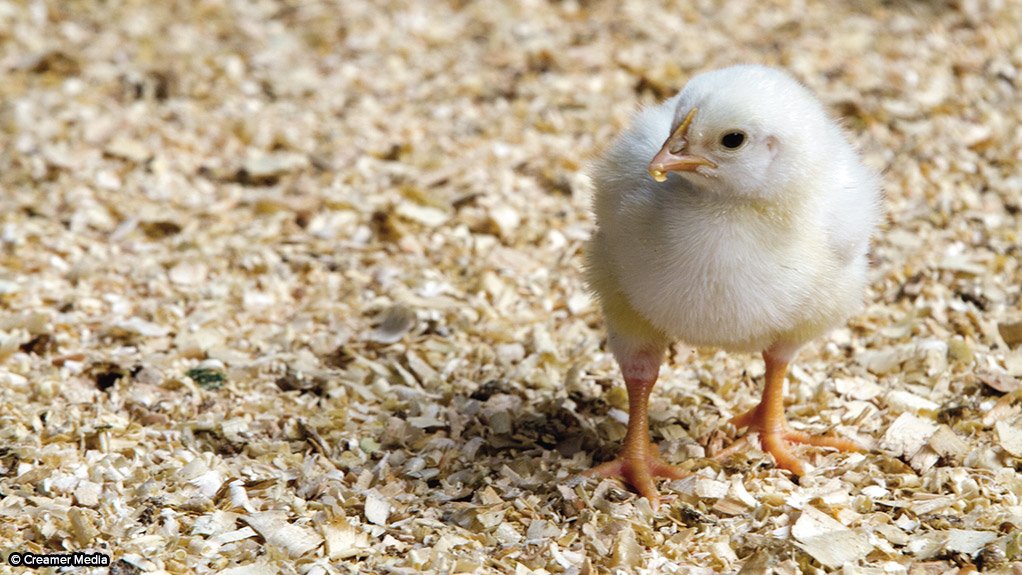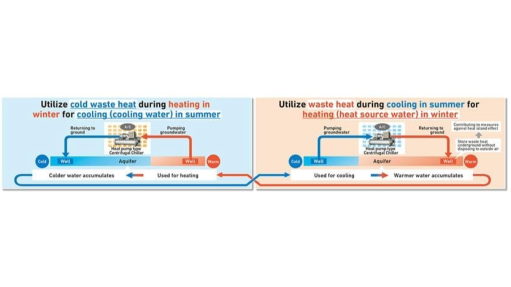Poultry master plan broadly accepted by industry
President Cyril Ramaphosa this week announced a new master plan for the poultry industry, which aims to put the industry back on a growth path.
The plan, which has been broadly accepted by the poultry industry, was compiled by the Department of Trade, Industry and Competition (DTIC) and brokered by Trade and Industry Minister Ebrahim Patel and Agriculture, Land Reform and Rural Development Minister Thoko Didiza.
The process included discussions with several industry stakeholders, including the South African Poultry Association (SAPA), the Association of Meat Importers and Exporters (AMIE), trade lobby group FairPlay, several government departments, organised labour and other parties with an interest in the local chicken industry.
AMIE CEO Paul Matthew says the master plan is an industry framework that will ensure chicken retains its place “as South Africa’s favourite food”.
Through the master plan, more opportunities are expected to be created to enable small-scale farmers to establish a foothold in, and contribute to, the sector.
Simultaneously, Matthew highlights that large players in the local broiler industry have had issues of major concerned addressed through the plan, which takes into account several structural and other problems within the industry.
“Importantly, the sector will remain a significant customer of the local feed and food processing industries. More opportunities will be created so that small-scale farmers can establish a foothold and contribute meaningfully to the sector.”
SAPA broiler organisation GM Izaak Breitenbach says the challenges that have beset the South African chicken industry in recent years, include the cost of feed, barriers to export and a trend of increasing imports.
He adds that detailed trade figures demonstrate that imports of broiler meat alone have increased by 73% over the past five years, which has resulted in job losses and losses to the fiscus and has also prevented the industry from expanding and transforming to meet growing consumer demand for chicken.
The master plan sets a number of targets to be met by 2023 and, in order to meet these objectives, a number of detailed actions will be implemented.
According to SAPA, the poultry industry has committed to an investment of R1.5-billion towards the objectives of the master plan, which are set out in five pillars.
These pillars include the establishment of partnerships to increase production and availability of feed and simultaneously ensure that workers are provided with training and development opportunities, as well as driving domestic demand and the affordability of local broiler products.
Another pillar involves establishing the safety and veterinary requirements within markets offering producers opportunities for exporting their chicken products, meeting their needs and commencing reports, by the end of March 2020.
In this respect, the AMIE says it will be “central” to assisting with these, and helping ensure that the requirements from the European Union are met.
Additionally, the fourth pillar in the master plan will see to the introduction of measures to enhance the regulatory environment and ensure compliance, thereby making products traceable and announcing measures to ensure that the industry as a whole complies with trade requirements.
The last pillar aims to protect the local chicken industry by considering specific, rather than ad valorem tariffs, by simplifying trade systems, undertaking anti-dumping measures where appropriate, and considering the introduction of import licences to support compliance.
A final decision on the level of the tariff by Patel is expected soon.
However, Matthew warns that the objectives of the plan hinge on increasing local chicken consumption and growing the demand for chicken, while also addressing the export of locally produced cooked and raw chicken products.
Target markets will include South African Development Community members and those within the African Continental Free Trade Area (AfCFTA) and the Middle East. Gearing up locally will also open European markets.
Matthew adds that the effectiveness of any plan relies on its ability to be implemented and monitored.
Trade lobby group FairPlay shares a similar sentiment, with founder Francois Baird stating that “the key to success will be the effectiveness of government measures to restrict imports”.
He adds that the strength of government’s intent will be shown by the percentage tariff that it is prepared to impose to restrict Brazilian chicken imports.
Matthew, meanwhile, elaborates that the master plan provides a new, sound foundation for the expansion and benefit of all within the poultry industry and its effectiveness will be ensured by the provision for the establishment of a Poultry Master Plan Council which will be led by Patel and Didiza.
This body, which will include representatives from all interested poultry organisations, will meet quarterly to oversee the implementation of the plan in the first year of its introduction. Thereafter, progress will be monitored bi-annually.
Meanwhile, in terms of job creation, FairPlay laments that the plan’s job creation targets are “not as high, or as specific” as the group had hoped.
However, it agrees that the master plan, if properly implemented, will help address South Africa’s high unemployment rate, by halting years of job losses, through the appropriate tariffs and other measures that will be restricting imports and promoting import replacement and new production.
FairPlay describes the jobs target in the plan as “modest”.
Further jobs are targeted through the creation of new commercial-scale contract farming operations, as well as the increased demand for chicken feed, which should result in new jobs, particularly in the soya and maize industries.
“While we understand that compromises had to be made to secure agreement from all sides, including importers, an opportunity for aggressive job creation has been missed,” laments Baird.
According to FairPlay patron Justice Richard Goldstone, the poultry industry master plan could well be a template for similar job-saving and job-creation plans in other industries.
“In a country with one of the highest unemployment rates in the world, nothing can be more important. It will require compromise all round, and above all, a steel will from government to implement what is necessary,” he says.
The master plan comes into effect immediately, with certain processes having already been set in motion.
Comments
Press Office
Announcements
What's On
Subscribe to improve your user experience...
Option 1 (equivalent of R125 a month):
Receive a weekly copy of Creamer Media's Engineering News & Mining Weekly magazine
(print copy for those in South Africa and e-magazine for those outside of South Africa)
Receive daily email newsletters
Access to full search results
Access archive of magazine back copies
Access to Projects in Progress
Access to ONE Research Report of your choice in PDF format
Option 2 (equivalent of R375 a month):
All benefits from Option 1
PLUS
Access to Creamer Media's Research Channel Africa for ALL Research Reports, in PDF format, on various industrial and mining sectors
including Electricity; Water; Energy Transition; Hydrogen; Roads, Rail and Ports; Coal; Gold; Platinum; Battery Metals; etc.
Already a subscriber?
Forgotten your password?
Receive weekly copy of Creamer Media's Engineering News & Mining Weekly magazine (print copy for those in South Africa and e-magazine for those outside of South Africa)
➕
Recieve daily email newsletters
➕
Access to full search results
➕
Access archive of magazine back copies
➕
Access to Projects in Progress
➕
Access to ONE Research Report of your choice in PDF format
RESEARCH CHANNEL AFRICA
R4500 (equivalent of R375 a month)
SUBSCRIBEAll benefits from Option 1
➕
Access to Creamer Media's Research Channel Africa for ALL Research Reports on various industrial and mining sectors, in PDF format, including on:
Electricity
➕
Water
➕
Energy Transition
➕
Hydrogen
➕
Roads, Rail and Ports
➕
Coal
➕
Gold
➕
Platinum
➕
Battery Metals
➕
etc.
Receive all benefits from Option 1 or Option 2 delivered to numerous people at your company
➕
Multiple User names and Passwords for simultaneous log-ins
➕
Intranet integration access to all in your organisation





















